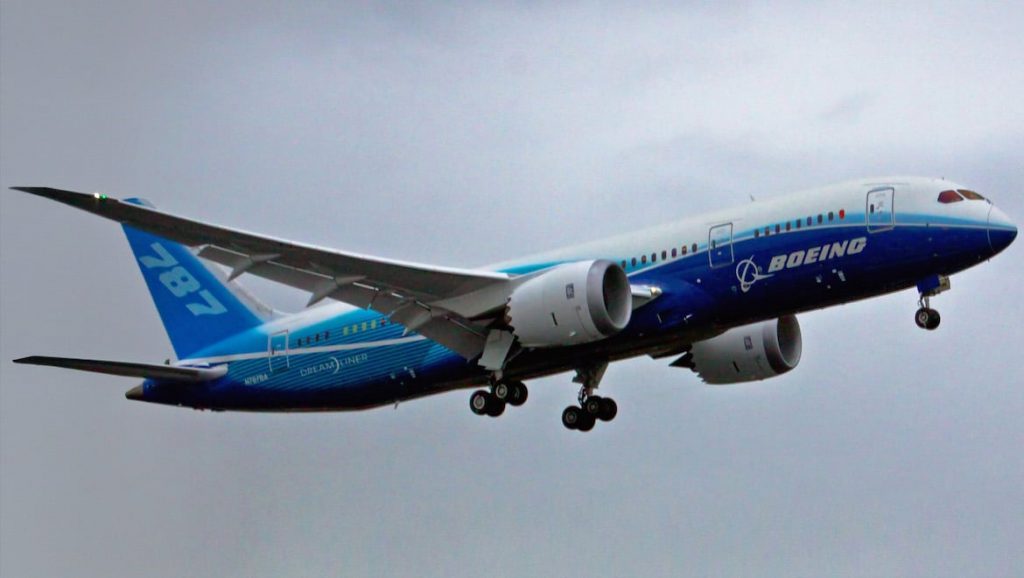 Boeing delivered 26 aircraft to customers in January and received four new orders, in a surprisingly strong beginning to the year.
Boeing delivered 26 aircraft to customers in January and received four new orders, in a surprisingly strong beginning to the year.
The US planemaker’s results outperformed that of its European rival, Airbus, which delivered 21 aircraft in January and received no orders.
The feat was largely achieved as Boeing attempted to clear the backlog of its more than 400 parked 737 MAX jets, following its recertification.
The MAX has now been cleared for commercial use in the US, Brazil, Canada, UK and EU.
As a result, Boeing delivered 21 of its embattled 737 MAX jets throughout January, most of which went to US-based carriers.
Six MAX jets were delivered to Southwest, five each to American Airlines and United Airlines, and two to Alaska Airlines. The final three jets went to Copa Airlines and GOL.
Following January’s deliveries, Boeing still logged a backlog of around 400 parked MAX jets, down from 450 in November.
Other deliveries completed by the planemaker in January included one P8 military jet to the US Navy, one 767 freighter to FedEx, one 777 freighter to China Airlines, and two 777-300ER jets to Novus Aviation Capital.
January marked the third month in a row that Boeing made zero deliveries of its wide-bodied 787 Dreamliner, as the company continues to inspect and rectify quality defects on the aircraft.
Amman-based Royal Jordanian cancelled its order for one Dreamliner, while Russia’s Volga-Dnepr 747 cancelled its order of four 747-8 freighters.
However, the order for those four 747s was swiftly taken over by Atlas Air, making up all four of Boeing’s January orders.
Only 11 747-8 jet orders are still to be delivered, with the final jet to be rolled out and delivered to Atlas in October 2022.
Following January’s deliveries, Boeing is now estimated to have a total of about 400 737 MAX jets in storage, down from about 450 at the end of November, when the US regulator gave a green light to start the jet’s shipments.




